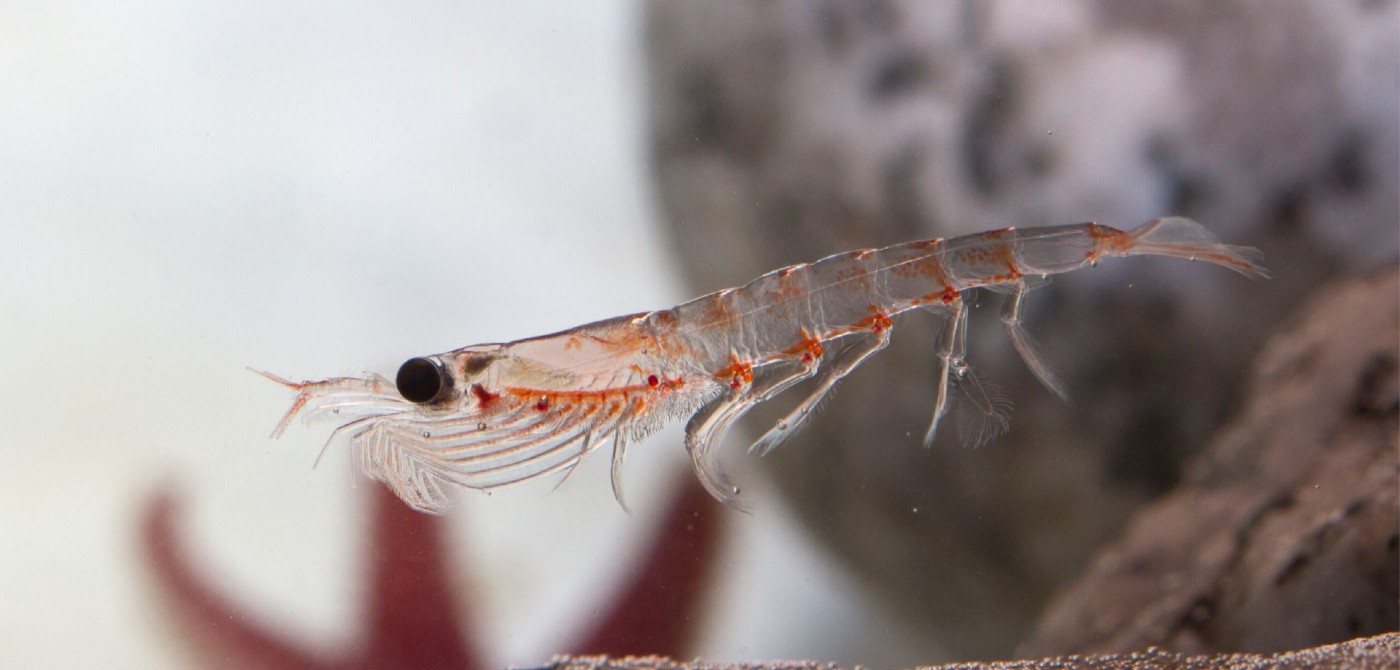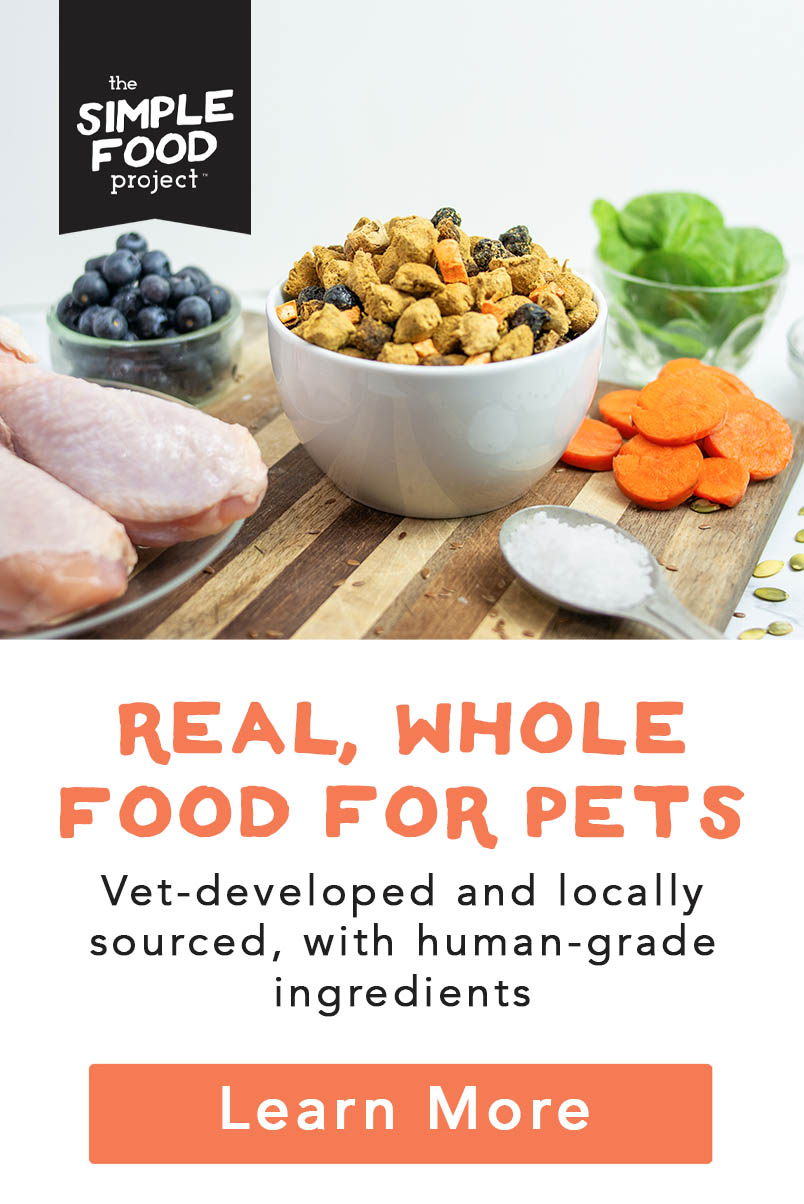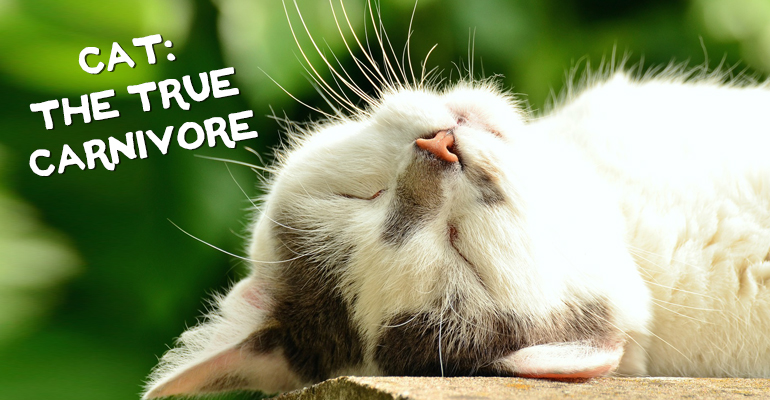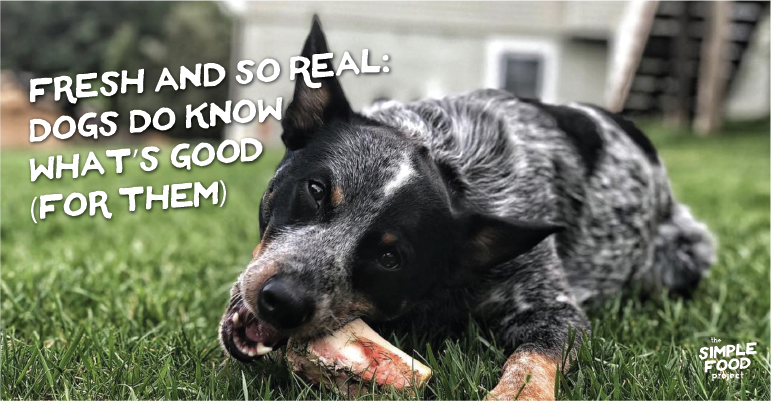The Power of Krill for Dogs & Cats
- Published:
- at
Krill are tiny crustaceans, only about 2 inches long. But don’t be fooled by their small size — they can change your pet’s life.
Though they are teensy ocean creatures, krill are packed with vital nutrition that can help our land-dwelling cats and dogs live a long, vibrant life. No matter the age, size, or breed of your pet, krill can provide them with crucial nutrients that nourish and fuel the entire body. And that means more time and energy for all their favorite things — from curtain-climbing to frisbee fetch.
There’s a reason krill should be on your radar — and in your pet’s bowl. Actually, a LOT of reasons. So let’s dive in…
On the Agenda
The Power of A Single Ingredient
Krill is packed to the brim with nutrition — and yet, it’s just one ingredient. One ingredient means no preservatives, no artificial additives, and no fortifying. It’s just plain krill — high-quality nutrition straight from the ocean. All the good stuff and none of the bad.
So what exactly is all that good stuff? What makes krill so vital for our cats and dogs?
1. Omega 3
Krill is full of omega-3 fatty acids. We’re talking good fat. Omega 3s promote a healthy inflammatory response throughout your pet’s entire body and benefit everything from the heart to the immune system.
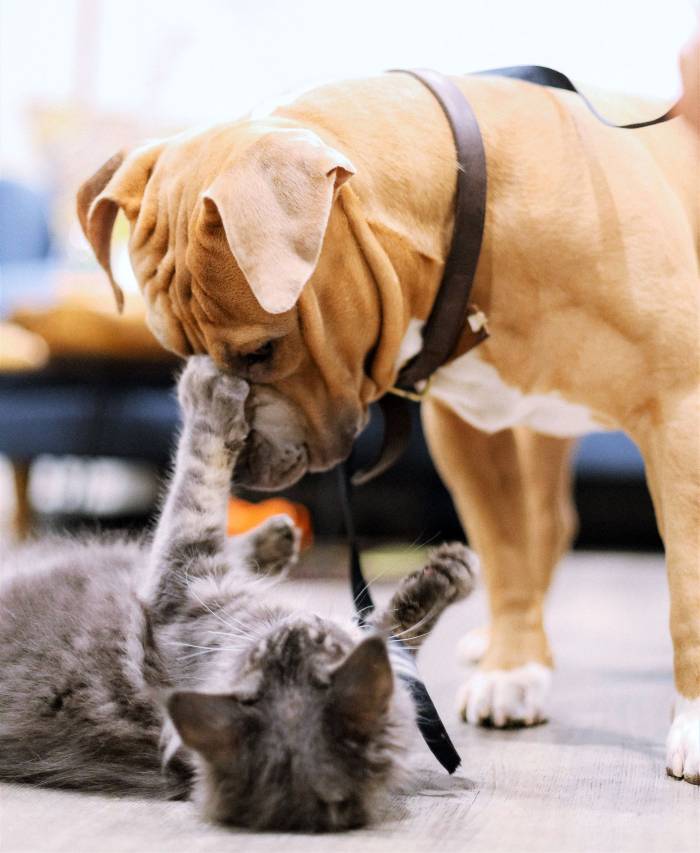
Cats and dogs can’t produce omega 3 on their own, so they absolutely need to be eating omega-rich foods. Not only that, but it has to be the right kind of omega 3s — with DHA and EPA fatty acids. This form is readily available for the carnivore’s body to use — a.k.a. exactly what ferocious Mr. Fluffums needs. And that’s exactly the kind you will find in krill.
Plant-based sources of omega 3, on the other hand, contain ALA, which isn’t as bioavailable to your pet — and therefore not as beneficial. So be on the lookout for meat based sources of omega 3, which contain that vital DHA and EPA.
Omega 3 with EPA and DHA
- Krill (of course)
- Grass-fed beef
- Trout
- Salmon
- Anchovies
- Mackerel
- Sardines
Omega 3 with ALA
- Flaxseeds
- Hemp
- Chia seeds
- Walnuts
- Soy
One last thing: adding omega 3 to the bowl is especially vital for kibble-fed pets. Kibble usually provides a lot of omega 6 and hardly any omega 3 — and it’s all about a balanced ratio with these two omegas. Too much omega 6 and not enough omega 3 can lead to inflammation and health problems. So don’t hold back when you add omega 3 to the bowl!
2. Phospholipids
Phospholipids deliver the omega 3 right to where your pet’s body needs it most and help the body absorb a greater amount. This makes krill a super efficient and high-quality source of omega 3s. Nutrients aren’t useful unless the body can actually use them, and phospholipids make it possible for the body to maximize the omega 3s and really reap the benefits.
3. Choline
Krill also contains choline, an essential nutrient shown to promote brain, heart, and liver health. Not bad. Not bad at all.

4. Astaxanthin
Astaxanthin is known as “nature’s most powerful antioxidant.” It’s hundreds of times more powerful than other antioxidants, which means its free-radical scavenging ability is unparalleled.
Antioxidants neutralize free-radicals in the body, which prevents oxidative stress (cell damage) and premature aging. Filling the bowl with antioxidant-rich foods gives your pet the tools their body needs to stay healthy and strong — especially as they age.

And here’s a hot tip for kitty parents — cats especially need meat sources of antioxidants (like astaxanthin!) because cats aren’t meant to have loads of leafy greens. Dogs can thrive with a combination of plant-based and meat-based antioxidants (yes, you should give your dog spinach!), but cats are obligate carnivores, which means meat is the name of the game pretty much 24/7. This makes krill absolutely crucial to a kitty’s diet — it’s a meat protein and nature’s most potent antioxidant all in one. And that’s win/win.
The Power of Sustainable Choices
There’s another piece to consider when you decide to fill your pet’s bowl with krill: we want healthy pets, but we also want a healthy planet — which means paying attention to our marine ecosystems and making sustainable choices.

Always look for manufacturers that source from fisheries that are committed to sustainability and minimizing our environmental impact (look for the Marine Stewardship Council label).
In our Simple Food Project recipes, we only use wild-caught krill. Our MSC-certified supplier is one of the most sustainable fisheries worldwide, with a deep commitment to conservation. They created a revolutionary technology called Eco-harvesting, which utilizes a hose to collect krill and bring it on board. This ensures that no other marine wildlife is harmed in the process. This kind of technology and conscientiousness allows us to care for our pets and our planet simultaneously.
As you peruse your krill options, you may come across chews and oils, but our recommendation is ground krill — which is the entire krill.
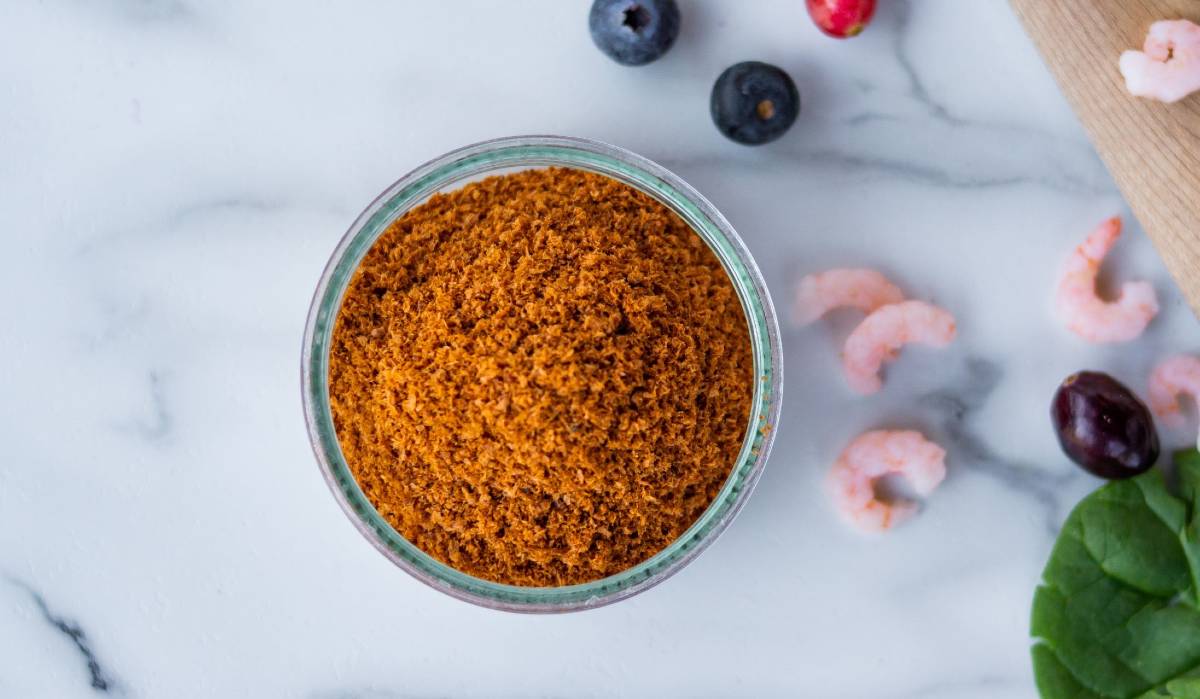
Ground krill is by far the most sustainable option. In order to produce oils and chews, manufacturers extract oil from the krill — and then throw away what remains. This is especially true for how humans use krill (since humans typically don’t want to eat a whole krill). If the rest of the krill isn’t used for anything, this practice is wasteful.
That’s where ground krill comes in. Ground krill uses the entire krill — including the parts that would otherwise be discarded after oil extraction. So when you choose ground krill, you’re also choosing an option that complements the human industry, provides your pet with maximum nutrition and honors the krill and marine ecosystem.
The Power of Krill
Preventive care is incredibly powerful, and adding krill to the bowl is one of the best things you can do for your pet’s long-term health. Krill provides the body with vital nutrition during every phase of life — from developing puppy brains to aging seniors.
Krill can:
- Boost the immune system
- Encourage a healthy inflammatory response
- Defend against free radical cell damage
- Promote healthy aging
- Support growth and development
- Foster heart health
- Balance the Omega 6 : Omega 3 ratio
- Elevate a kibble diet
- Support overall health and wellbeing
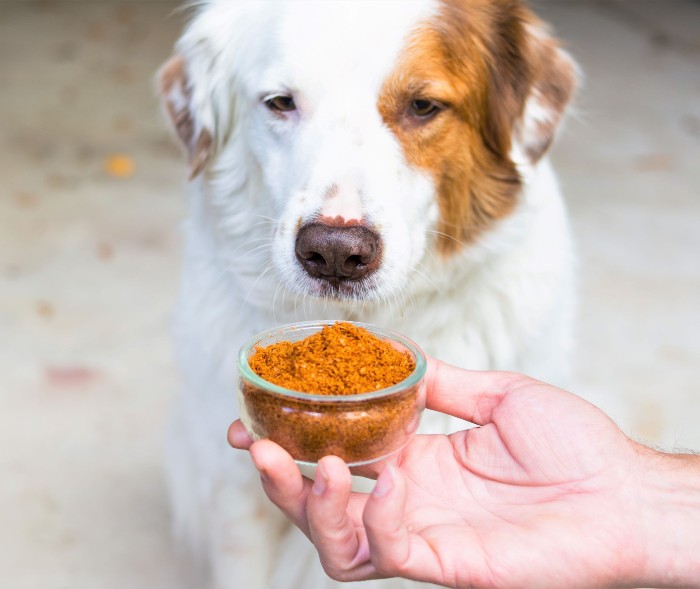
No matter the size, age, or breed of your pet, the nutrients in krill provide every pet with the tools to thrive. Krill can take every single pet’s health and wellbeing to the next level.

That’s why Dr. Bessent added ground krill into every one of our Simple Food Project Recipes. And if your pet needs a little extra, it’s as easy as adding ground krill like Pure Krill to the bowl. Just be ready for your pet to go crazy for that fishy flavor.
Regardless of how you feed krill, you’ll be taking a concrete step toward a healthier pet. The krill will nourish the entire body, allowing your favorite four-legger to start reaping the health benefits.
Share this Post

Dr. Chris Bessent
Chris Bessent, DVM, MSOM, Dipl. OM, L.Ac. has over thirty years of experience in veterinary medicine including certificates in veterinary acupuncture, veterinary chiropractic and veterinary Chinese herbology. Imbued with Eastern philosophy and the knowledge that food is the foundation of health, Dr. Bessent also received her degree in veterinary nutrition and began to formulate recipes fit for a carnivore from nothing but whole foods. Currently, she divides her time between the Simple Food Project and Herbsmith, both of which are owned and operated out of her facilities in southeastern Wisconsin.

Hayley - Content Writer
Hayley is a freelance writer based in Northern California. (Writing for the Simple Food Project is her favorite, but don't spread it around.) She enjoys riding horses, taking road trips, and eating grilled cheese sandwiches. Her foster dogs have mixed feelings about the spinach she keeps trying to sneak into their bowls.

Kayla - Editor
Kayla is the Content Editor for The Simple Food Project. She has a cat named Professor Cat-Faced Meowmers, who goes by Kitty, and a goof of a dog, named Duck. She stays busy biking trails, playing board games, and searching for the next best craft beer.
